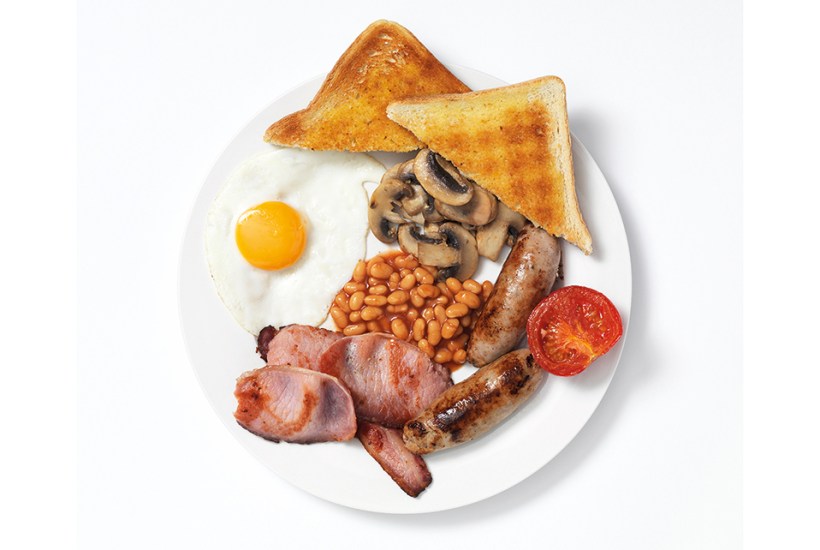Among devotees of the full English breakfast, few things polarise more than the inclusion of baked beans. Some people are unrepentant berfs (beans exclusionary radical foodies) whereas others consider beans a coda to close the symphony. My own view is conciliatory: provided the beans are in a separate pot, I’m happy.
What worries me more is the arrival of the hash brown. This is a transatlantic invader: the grey squirrel of the breakfast world. Not particularly objectionable in itself, it risks eradicating the more attractive indigenous option, which is fried bread. Before you know it, you have nowhere to squish your tomato and the harmony of the plate is destroyed. By optimising the parts, you damage the whole.
So traditionalists and technophobes often seem unreasonable at first – but can turn out to be partly right. At the dawn of any new technology, their attachment to the old seems silly. However they often have a point.
‘Bean technologies’ establish their place on the plate alongside what is already there (e-books seem to complement printed books rather than replacing them). ‘Hash brown technologies’, by contrast, seem like useful additions, but end up destroying time-tested alternatives, leaving us with less freedom than before. What began as a choice becomes an imposition.
A decade ago, London taxis would not accept credit cards. This was nuts. But I have just returned from a bar which will not accept cash. This is more concerning. Imagine you are out of money and have maxed out your overdraft. For millennia you have had the option of scraping together enough cash to buy food or a ride home. In a cashless economy, your bank has the first call on any money you have.
Ditto parking apps. Yes, for many people most of the time they beat feeding a coin machine. But a single glitch can turn a £3 parking session into a £60 fine. There’s no plan B.
This is why the debate over manned station ticket offices is important. At first it does not matter much if the ratio of humans to ticket machines changes in line with customer preference. Until, that is, the number of ticket windows drops to zero. Suddenly the option of a human interface is gone, and you are facing the mute stare of the ticket machine – and an interface useless for all but familiar journeys.
I don’t even think this is a good business decision. Many off-peak journeys are made by people who take trains infrequently and who require a human exchange to reassure them they are not being ripped off: ‘If you go 20 minutes later it’s £20 cheaper.’
Like many cost-cutting decisions practised by our techno-economic lizard overlords, wholesale automation also overlooks the less quantifiable value created by human presence: social exchange, security or reassurance. The new Thanet Parkway station is unmanned and in the evenings it feels like a set from Blade Runner.
Besides, anyone who has any knowledge of human behaviour knows that the more ways you sell things the more things you sell. In marketing, optionality trumps optimality. McDonald’s understands this. So while it has spent hundreds of millions of pounds installing screen ordering systems, it still preserves the option of ordering face to face. SNCF goes further. It sends vans to rural markets to allow people to buy tickets without going to a station first. Expensive, yes, but quite likely an incremental sale. Any idiot can make a business more efficient by selling to fewer people.
Where we most need to understand the bean/hash brown distinction is in the NHS. Used proactively and as a complementary option, telemedicine has an opportunity to transform healthcare. But given the bureaucratic preference for notional efficiency over real effectiveness, we also have reasons to be fearful.
Got something to add? Join the discussion and comment below.
Get 10 issues for just $10
Subscribe to The Spectator Australia today for the next 10 magazine issues, plus full online access, for just $10.
You might disagree with half of it, but you’ll enjoy reading all of it. Try your first month for free, then just $2 a week for the remainder of your first year.















Comments
Don't miss out
Join the conversation with other Spectator Australia readers. Subscribe to leave a comment.
SUBSCRIBEAlready a subscriber? Log in